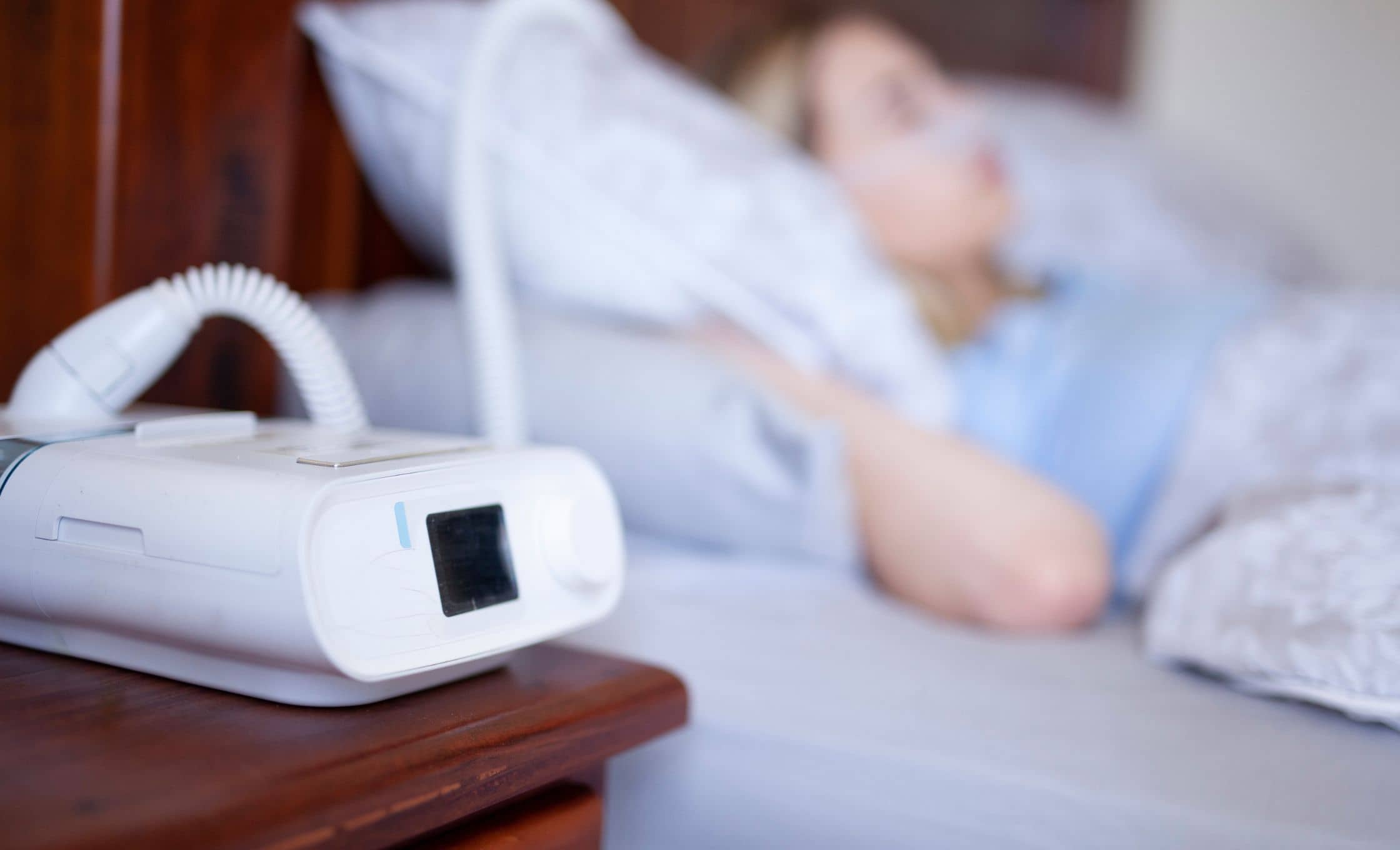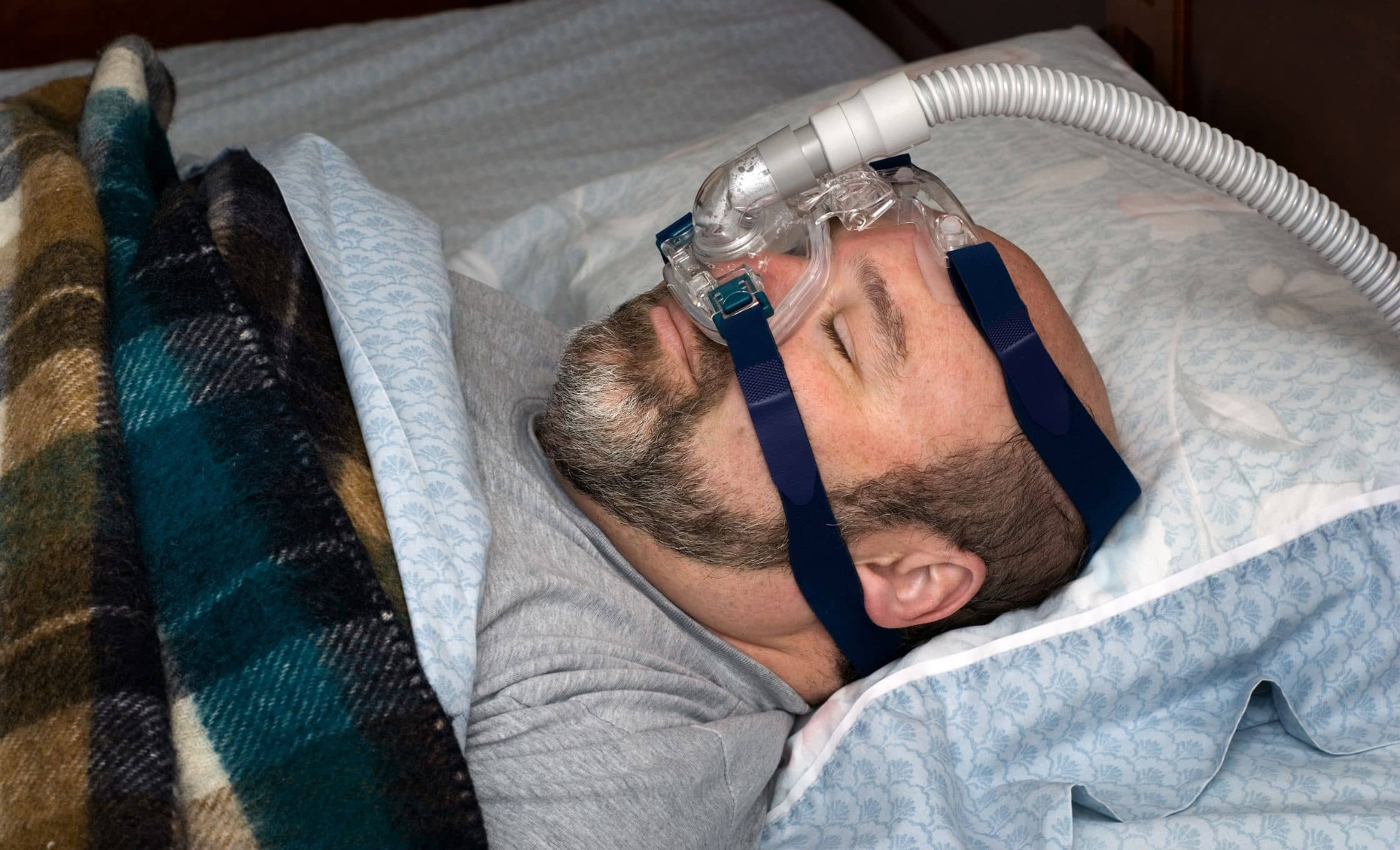Sleep Studies
Need to reach us after-hours? Call 501-232-2724 or use the button below to reach us if you need to access the building at night for your sleep study or have questions regarding sleep studies.
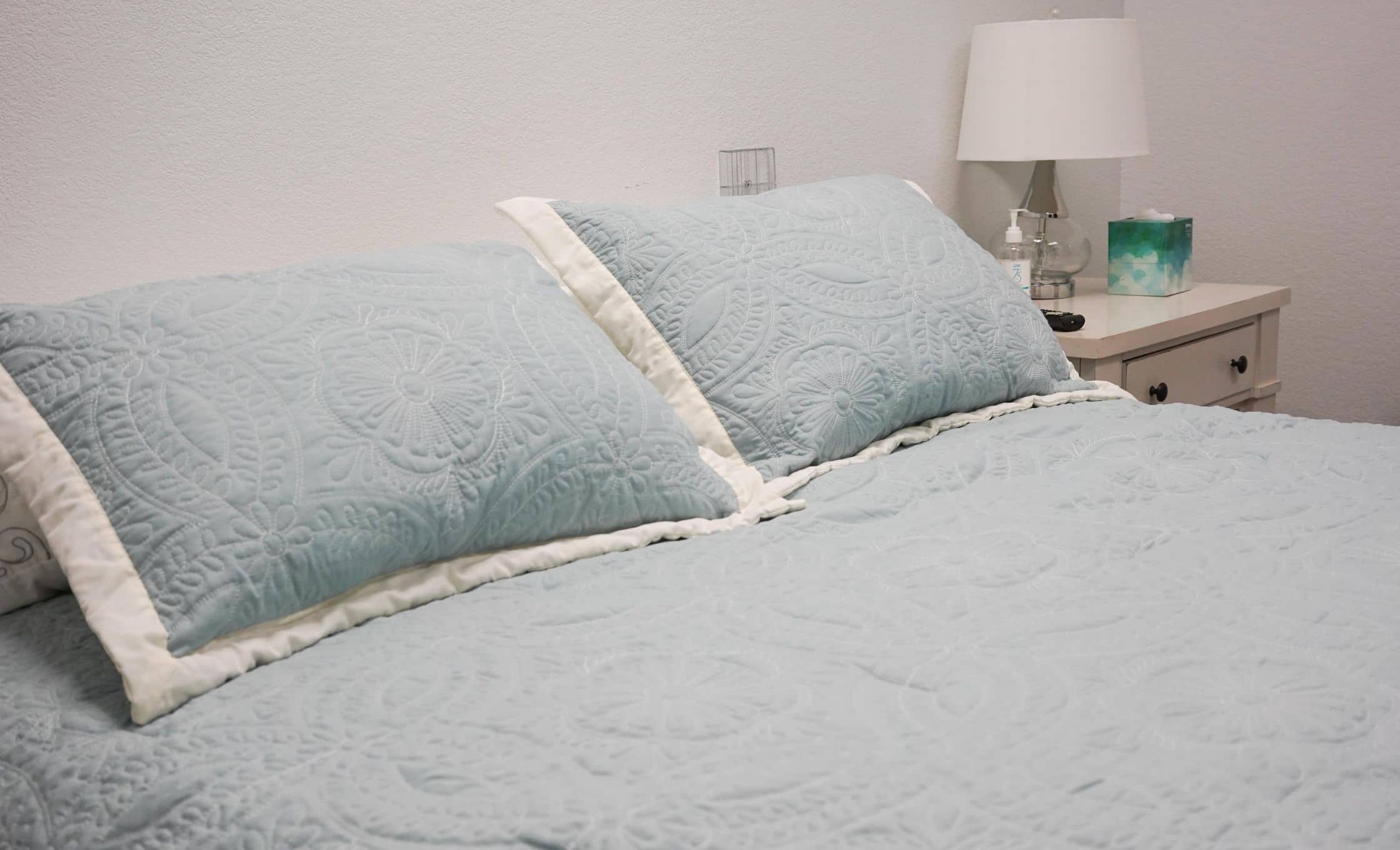
About the service
A pulmonary sleep study is also referred to as a polysomnogram (PSG). It’s simply a test used to diagnose sleep disorders. During this test, some of your bodily functions will be recorded to help staff understand your sleep patterns and how they relate to your breathing.
What to expect
To complete a sleep study, you’ll be asked to spend the night in a sleep laboratory. Sensors will be attached to your body in order to monitor your breathing, vital signs, and other bodily functions.
First visit: For specifics, see our FAQs below. The details of your visit may vary based on your specific symptoms, overall health and care preferences. In general, though, here a brief overview of what you can expect at your pulmonologist appointment.
- Detailed questions regarding your current health and medical history, including smoking habits, previous surgeries, recent vaccinations, major health conditions and family medical history
- A review of basic health characteristics, including height, weight, temperature, blood pressure and oxygen levels
- A physical exam, which may involve checking for signs of low oxygen levels, swelling and reduced blood circulation
- Diagnostic testing in accordance with your symptoms—this may include a spirometry test, chest X-ray, CT scan or exercise oximetry test
It’s also a good idea to bring these items to your pulmonology appointment or send them electronically, if applicable:
- Pulmonary function test results
- Results from X-rays and other imaging tests
- Bloodwork results
- A list of any medications and supplements you are taking, along with the dosage and prescribing physician
In addition, consider making a list of any questions you would like to ask your pulmonologist during your visit.
Second visit: During your second visit, the provider will go over all tests that were ordered during your initial visit and discuss a treatment plan with you.
Ongoing: The details of your ongoing visits will depend on your treatment plan and health condition.
Who you’ll work with
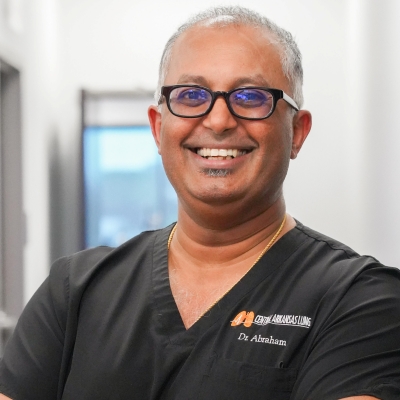
Dr. Ladly Abraham, Pulmonologist
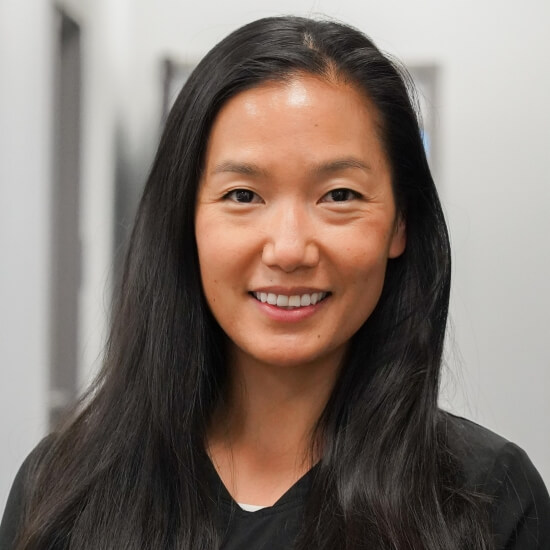
Shelia Forrester, APRN Nurse Practioner
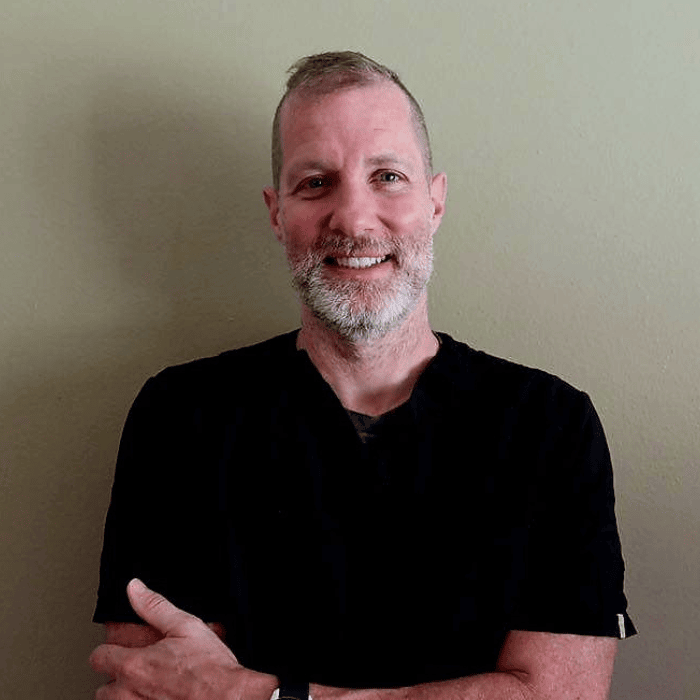
Tony Bailey, Sleep Tech
More information & FAQs
Spending the night in a lab, hooked up to a lot of sensors, might not sound like a lot of fun. It doesn’t sound all that great to spend a night away from your own comfortable bed, right?
While it’s not fun, sleep studies are definitely necessary. Participating in a sleep study will allow your doctor to diagnose your health concerns, leading to a concrete treatment plan to help you feel better.
What if I can't sleep?
The lab environment is most likely not as comfortable and welcoming as your own bedroom, and it can be difficult to fall asleep in an unfamiliar environment. However, our staff will do everything in their power to make sure that you are comfortable. You’ll be in good hands– we promise.
Will someone be watching me?
No one will be in the room with you, watching you sleep. However, you will be monitored from a nearby room– a member of our staff will be able to see and hear you, while keeping an eye on your breathing patterns and vital signs. This is necessary to help us find a diagnosis!
Should I bring anything to the sleep study?
You just need to bring what you’d normally have with you when you go to sleep. This might include some comfortable, familiar sleepwear, any necessary medications, and any other items that can help you sleep– like your favorite pillow, or your old teddy bear (we don’t judge!)
What will happen after the test?
In the morning, you’ll simply go home. Our staff will analyze the results of your testing in order to help us find a diagnosis, and create a treatment plan. After we’ve analyzed your test results, we’ll be in touch to discuss next steps.
